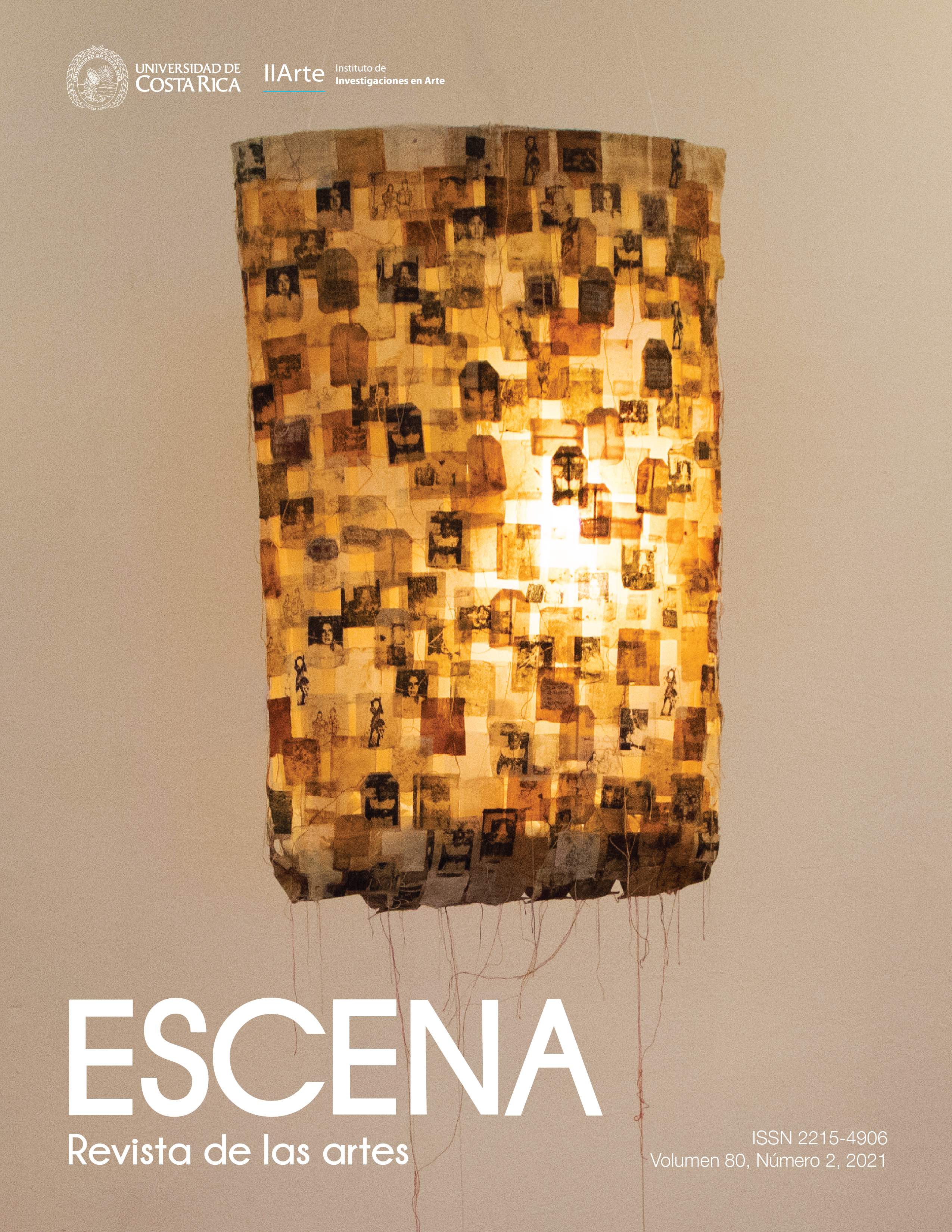Abstract
The purpose of this essay is to elaborate a brief tour through the works of the Colectivo de Acciones de Arte (CADA), presented in Chile between 1979 and 1985; moments in which the dictatorship of Augusto Pinochet was intended to naturalize. The CADA stands out, not only as a Chilean example of contemporary art, but also because of its oscillation between a vanguard proposal –corresponding to the international trends of the time– and political denunciation. Precisely, faced with the repression and persecution of the regime, as well as the “cultural blackout” that the country was experiencing, they led the Colectivo to focus both on the rescue of memory and on the surreptitious transmission of criticisms and messages of resistance. Another important aspect to analyze is the vision that has been built around this group, bordering on idealization; process that was not the result of mere chance. For the elaboration of this work, diverse theoretical postures around the contemporary art were taken up, as well as the review of articles of magazines of the time, bibliography, as well as other materials that have been preserved around the works that the CADA carried out.



